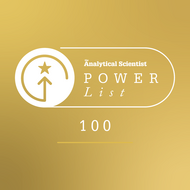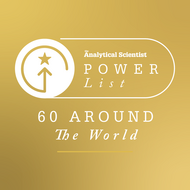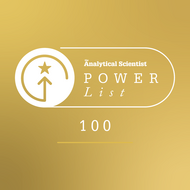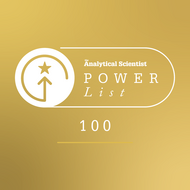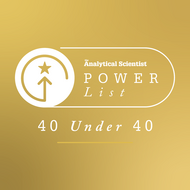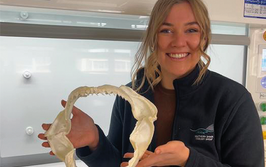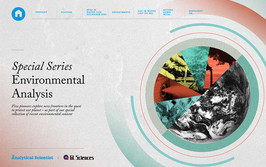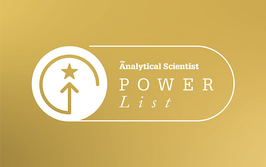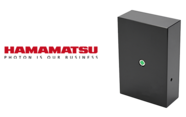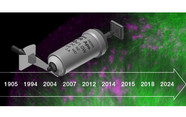Michael Breadmore
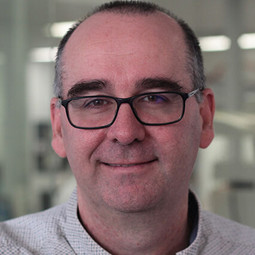
Professor of Chemistry, University of Tasmania, Australia
Attracting talent… Engaging children at an early age is the absolute best thing we can do… I discovered when my kids were younger that there aren’t many good children’s books about becoming scientists. There are lots about doctors, astronauts, builders and train drivers. But not many scientists. Dry ice and detergent and liquid nitrogen ice cream go a long way with a five-year old.
Raising the field’s profile…We need to be prepared to communicate to everyone at a level they can understand what we do and why it’s important. While COVID was bad for many reasons, it was great for analytical science – everyone now knows what a lateral flow assay is and the power of PCR. (We don’t want more pandemics though!)
An inspirational leader? As always, this has to be my high school science teacher, Mr Bean. He was vice principal at the time – exceptionally busy running the school – but still found time to come take us for science and help us learn because that’s what he loved to do.
Most exciting development or trend?? The rapid development and uptake of wearables is going to be really interesting, particularly as we develop more of these and they construct a network in which we can “see” changes within our surrounding environment.
The decade’s most important development? The ability to develop and deliver diagnostic tests for COVID around the world within months.
Biggest challenge facing the field? There are so many… As an academic though it’s the constant erosion of funding for curiosity driven science. This isn’t a problem for just our field.
Missing from the toolbox?We do not have a tricorder yet… That is not a flippant response, but comprehensive analysis requires a diversity of approaches and technologies and takes a long time and a lot of money… If we want to know everything right now, then we’re in trouble.
Controversial opinion? That old people should retire gracefully to provide opportunities to younger scientists so that they can become the creative and independent people we need them to be.
Book for scientists? “Untangling you: How can I be grateful when I feel so resentful?” by Kerry Howells. This recently helped me out of some dark places.
